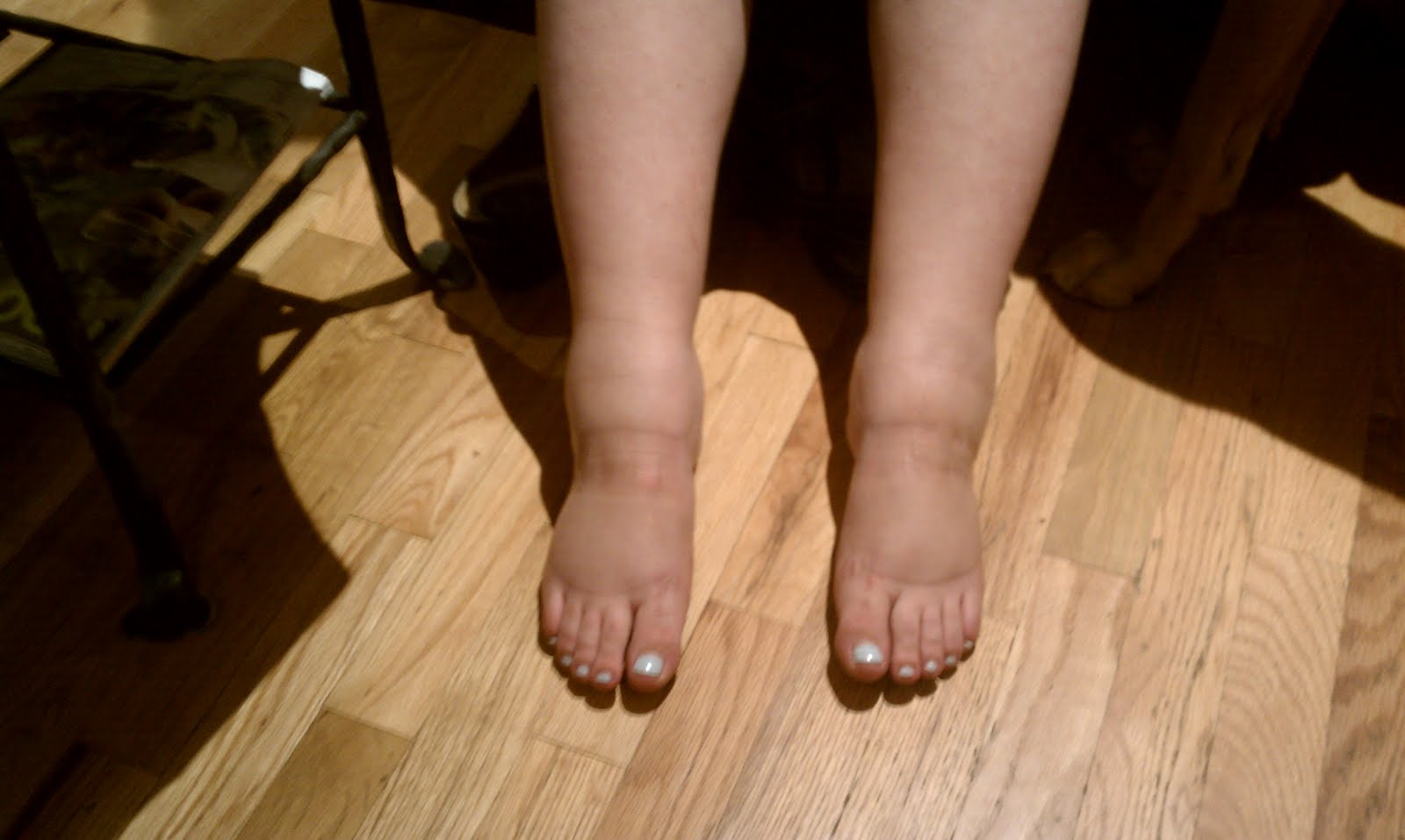Cankles is a term that has gained popularity in recent years, especially in discussions about body image and self-acceptance. But what exactly are cankles? This fascinating phenomenon refers to the appearance of calves that blend seamlessly into the ankles, creating a lack of definition between the two areas. While cankles can be a source of insecurity for some individuals, understanding what they are and the factors that contribute to their appearance can help in embracing one’s unique body shape.
In a society that often emphasizes slim and sculpted legs, cankles may seem undesirable. However, it’s essential to recognize that many people experience this condition, which can be attributed to genetics, lifestyle choices, and even medical conditions. Instead of viewing cankles negatively, it’s crucial to foster a mindset of body positivity and acceptance.
In this article, we will explore the definition of cankles, the various causes behind them, and the potential ways to manage or reduce their appearance. By shedding light on this often-misunderstood topic, we hope to empower individuals to embrace their bodies and understand that beauty comes in all shapes and sizes.
What Are Cankles Made Of?
Cankles are primarily made up of excess fat and fluid retention in the lower legs. The term itself is a portmanteau of "calf" and "ankle," signifying the lack of distinction between the two areas. Factors contributing to the development of cankles include:
- Genetics
- Weight gain
- Fluid retention
- Poor circulation
- Diet
Why Do Cankles Occur?
Understanding the reasons behind cankles can help individuals take proactive measures to address their appearance. Here are some common reasons why cankles occur:
Can Genetics Play a Role in Cankles?
Yes, genetics significantly influence the distribution of body fat and the shape of one's legs. If individuals have family members with cankles, there is a likelihood they may inherit this trait. The genetic predisposition to store fat in the lower legs can result in the appearance of cankles over time.
Does Weight Gain Contribute to Cankles?
Weight gain is another significant factor in the development of cankles. Excess body weight can lead to an accumulation of fat in the lower legs, making the ankles appear thicker. Maintaining a healthy weight through diet and exercise can help prevent the formation of cankles.
Can Fluid Retention Cause Cankles?
Fluid retention, or edema, can cause the lower legs to swell and contribute to the appearance of cankles. This condition may result from various factors, including hormonal changes, high salt intake, or prolonged periods of standing or sitting. Addressing fluid retention through lifestyle changes may help reduce the prominence of cankles.
How Can Cankles Be Managed or Reduced?
For those looking to minimize the appearance of cankles, several strategies can be employed:
- Engage in regular physical activity, focusing on cardiovascular and strength-training exercises.
- Incorporate a balanced diet rich in fruits, vegetables, lean proteins, and whole grains.
- Stay hydrated to help flush out excess sodium and reduce fluid retention.
- Consider elevating your legs to improve circulation and decrease swelling.
- Consult with a healthcare professional for personalized advice and potential medical interventions.
What Are the Psychological Effects of Cankles?
Having cankles can impact an individual's self-esteem and body image. Many people may feel self-conscious about their legs, especially in social situations or when wearing certain clothing. This psychological burden can lead to a lack of confidence and avoidance of activities that expose the legs.
Can Celebrities Have Cankles?
Yes, even celebrities experience cankles! One notable example is the famous singer and actress, Jessica Simpson. Despite her fame and success, she has openly discussed her struggles with body image, including the appearance of cankles.
| Name | Occupation | Date of Birth | Notable Works |
|---|---|---|---|
| Jessica Simpson | Singer, Actress, Fashion Designer | July 10, 1980 | Dukes of Hazzard, Newlyweds: Nick and Jessica |
How Do Cankles Differ from Other Leg Conditions?
It’s important to differentiate cankles from other leg conditions that may appear similar:
- Elephantiasis: A condition caused by parasitic infections leading to severe swelling in the legs.
- Lymphedema: A disorder that results in the accumulation of lymph fluid, typically in one leg.
- Varicose veins: Enlarged veins that can cause swelling and discomfort in the legs.
What Are Some Fashion Tips for Concealing Cankles?
If you’re looking to dress stylishly while downplaying the appearance of cankles, consider the following tips:
- Opt for ankle-length pants or wide-leg trousers that flow from the hip.
- Wear shoes with a pointed toe to elongate the appearance of the legs.
- Choose darker colors for bottoms to create a slimming effect.
- Avoid ankle straps that can draw attention to the ankle area.
In conclusion, what are cankles? They are a natural part of the body's shape that can be influenced by various factors such as genetics, weight, and fluid retention. While they may be a source of concern for some, understanding and embracing one’s body is essential. By adopting healthy habits and practicing body positivity, individuals can feel confident and beautiful, regardless of their leg shape.
Zillow El Paso: Your Ultimate Guide To Finding The Perfect Home
Discovering The Charming Lab Pitbull Mix: A Perfect Companion
Discover The Timeless Style Of Sperry Boat Shoes


